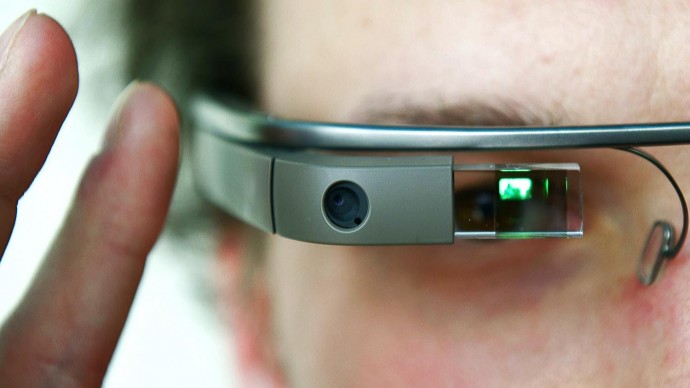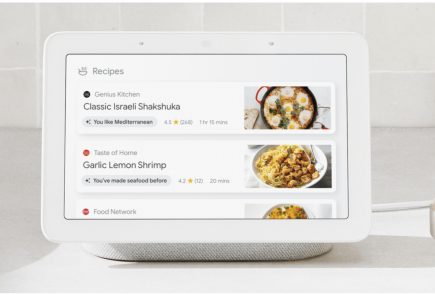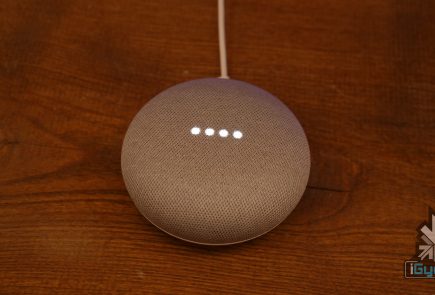Google is Reportedly Working on a Mysterious Battery Project
Google has joined forces to develop a more productive battery technology for its line of consumer devices and other hardware projects. The search behemoth reportedly has a small team of researchers who are working on future batteries and is devising measures to advance present batteries for better outcomes.
The report by Wall Street Journal suggests that the team working on future battery technology is headed by Apple’s former battery expert Dr. Ramesh Bhardwaj. The four-member team is a part of Google X research lab, a facility dedicated to making major technological advancements like Project Loon and driver-less cars. Meanwhile, the battery research wing is working on enhancing lithium-ion and the advanced solid-state batteries for a range of consumer products like Google Glass and the contact lens that helps measure glucose level in blood.
Google is not a confined body limiting to consumer manufacturing electronics and offers its services to various industries like transportation, robotics, healthcare, and communications. Being in the hardware business, Google needs efficient batteries that can power their devices for a longer span of time.
Dr. Bhardwaj disclosed ideas in a February presentation of a new-age battery technology that can be equipped to wearables, and smartphones and can also be implanted in the human body. The internet supreme requires such a revolutionary technology that can give new life to its projects that got overshadowed because of shorter battery life, e.g. Google Glass.
The report said that other research teams are working in conjunction with the Chicago-based technology firm that can bring more potent batteries for four bigger projects including Project Loon. The internet-broadcasting plan to beam Internet down the earth is presently using traditional batteries and has to suffer high-temperature issues. The latest innovation is likely to resolve the current complexities along with being cost effective.
Several companies are coming with battery prototypes that can charge mobile devices within half a minute, but there is no certainty if they will be inexpensive if produced in large numbers. If the report turns out to be true and Google succeeds in developing a super slim battery for flexible displays, it will be a landmark of the threshold of a new era. The batteries will make room for a new line of products that will be more compact and powerful.




















